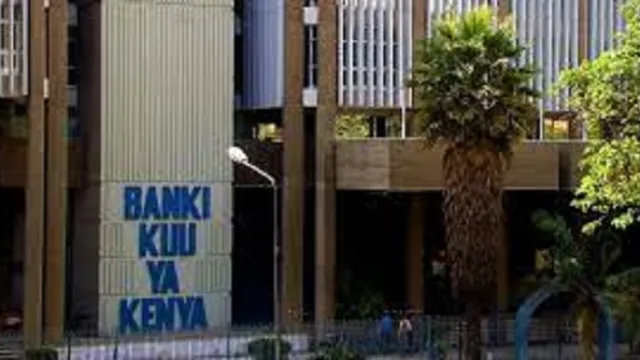CBK survey on how the diaspora wire cash home underway

CBK survey on how the diaspora wire cash home underway
The Central Bank of Kenya is carrying out a diaspora survey with a view to understand how Kenyans in foreign countries send cash and non-cash transfers home.
The study will also seek to unearth the constraints faced in the transfer process besides how the remittances are used once received back home.
Further, the apex bank will determine the range of the information available to the diaspora community on investment opportunities in the country.
The survey, which started on March 19 and is set to end by May 17, seeks to collect valuable information to improve the quality of remittance statistics and guide policy on harnessing remittances for economic development, and address challenges facing remitters in their overseas’ locations, said CBK says in a statement in its website.
Read also: Equity’s profit down 11 per cent to Sh20bn on loan-loss reserves
Central Bank is working in collaboration with the Kenya National Bureau of Statistics and the Ministry of Foreign Affairs to help find ways on how the diaspora community could tap into investment opportunities in Kenya over and above investment in government securities and stocks at the Nairobi Securities Exchange (NSE).
“They can set up shop in different ways as has happened in other countries ... we need to understand better because this can be a significant help in terms of investments and employment,” said CBK Governor, Dr Patrick Njoroge.
According to CBK, diaspora remittances remained strong at $260.3 million in February 2021, and at $3,155 million the inflows were 11.4 per cent higher in the 12 months to February compared to similar period in 2020.
North America remains the single largest source of diaspora remittances into Kenya. Kenyans living and working in the United Kingdom, Saudi Arabia, Qatar and Germany also make up key contributions.
At the moment, Kenya leads in diaspora remittances in the Eastern African region and the dollars the country gets has since 2015 constituted the single largest source of foreign currency, surpassing traditional sources of foreign exchange, tea and coffee exports, as well as earnings from tourism.



